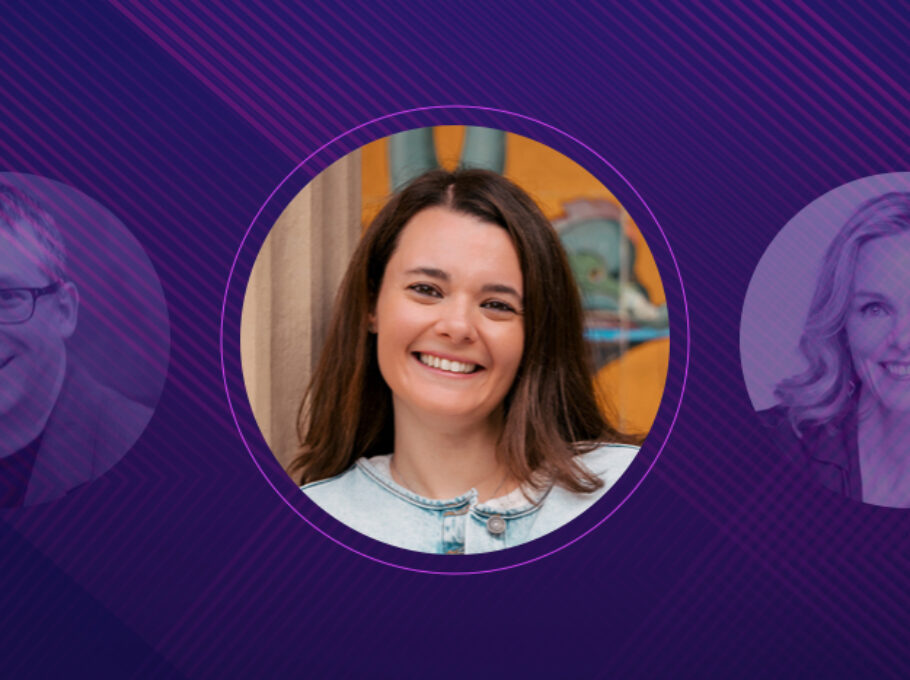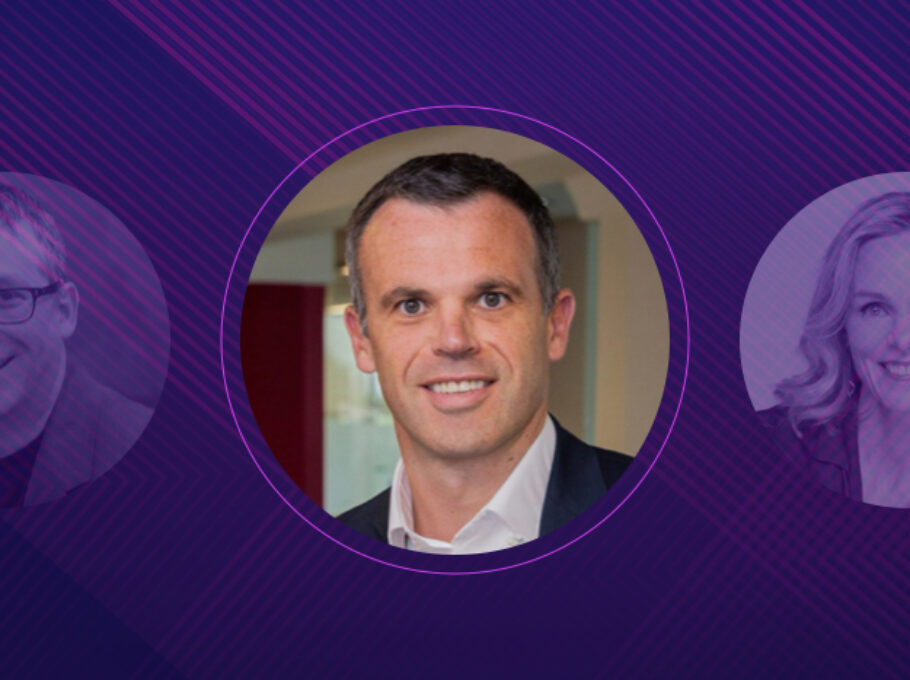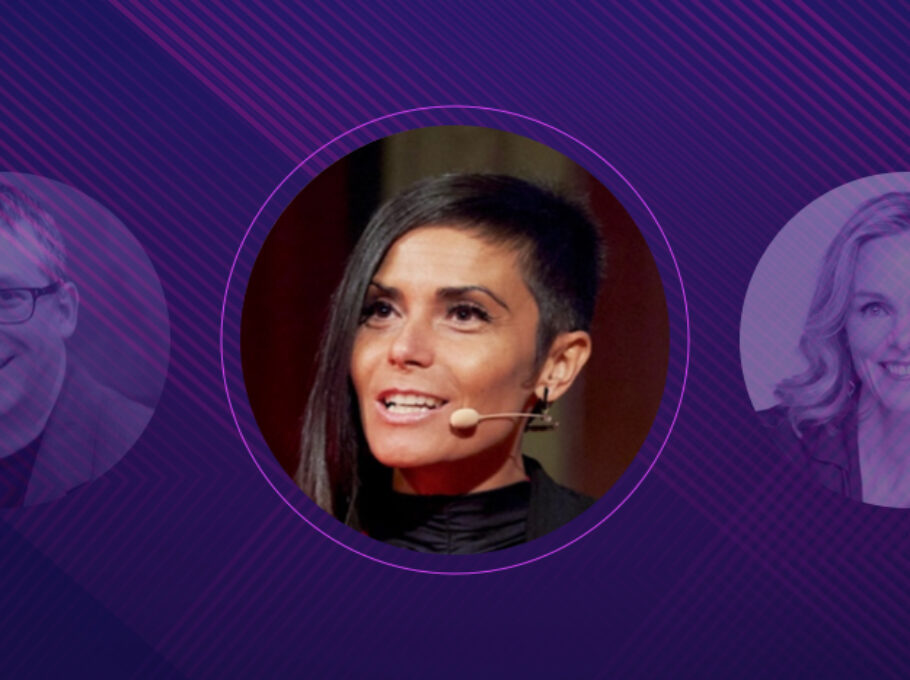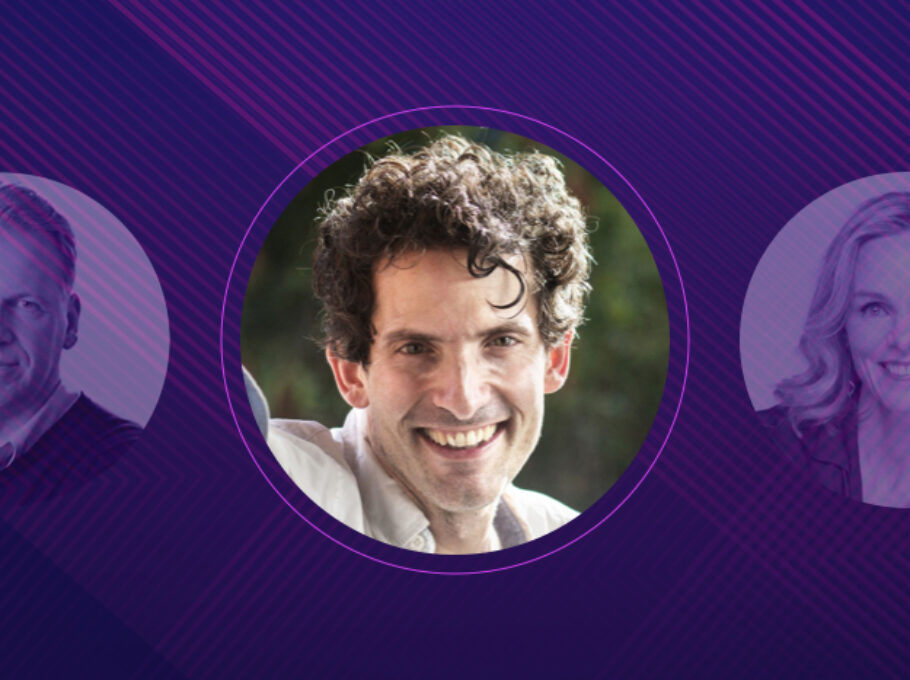Cristina Dolan
Co-Founder, Additum Blockchain
What inspired you to become an expert in blockchain and AI?
My journey into blockchain and AI began during the early days of Industry 4.0, where I witnessed firsthand the transformative potential of automation and IoT. However, the transition to Industry 5.0—with its pillars of human-centricity, sustainability, and resilience—ignited a deeper fascination. Unlike its predecessors, Industry 5.0 prioritizes the symbiotic relationship between humans and machines, leveraging technologies like blockchain to foster trust and decentralized collaboration.
As a former CEO of an MIT AI spin-off, I observed how traditional AI’s reliance on structured data and manual labeling created bottlenecks. Today’s AI, powered by unsupervised learning and edge computing, democratizes access to insights while reducing costs. Blockchain’s immutable ledgers further enhance this by enabling secure, transparent data exchanges in applications like supply chains and healthcare. This convergence—where AI solves complex problems and blockchain ensures ethical governance—is what drives my work.
What will you be speaking about at the conference, and why is it especially important right now?
My session, “The Future of Intelligence: Decentralizing AI with Edge Computing,” addresses a pivotal shift in technological infrastructure. While cloud-based AI dominated the past decade, edge computing now enables real-time decision-making by processing data locally on devices like sensors, drones, and wearables. This is critical as industries face escalating demands for low latency, privacy, and operational resilience.
For instance, consider healthcare monitoring systems: Edge AI can analyze patient vitals in real-time, triggering alerts without transmitting sensitive data to centralized servers. Similarly, decentralized AI models in manufacturing can predict equipment failures on-site, minimizing downtime. By 2025, the global edge computing market is projected to surpass $250 billion, underscoring its urgency. My talk will explore how businesses can harness this paradigm to build scalable, ethical, and cost-effective solutions.
"The most impactful AI solutions emerge when technology serves human ingenuity, not the other way around."
What key takeaway do you hope attendees will gain from your session?
I want attendees to recognize that AI’s potential extends far beyond language models like ChatGPT. The next frontier lies in integrating AI with Industry 5.0 technologies—blockchain, IoT, and edge computing—to solve systemic challenges. For example:
Decentralized learning communities enable factories to share AI models securely across supply chains, reducing reliance on centralized cloud providers.
Self-healing grids powered by edge AI can autonomously reroute energy during outages, enhancing sustainability.
These applications require rethinking traditional workflows. Success hinges on collaborative frameworks where humans guide AI’s ethical deployment, ensuring solutions align with societal needs.
What trends or developments in AI excite you and concern you the most?
The fusion of AI with edge computing and blockchain is unlocking unprecedented efficiencies is very exciting. For example, federated learning allows devices to collaboratively train models without sharing raw data—a breakthrough for privacy-sensitive sectors like finance. Similarly, blockchain’s smart contracts automate compliance in AI-driven transactions, reducing fraud.
Rapid decentralization raises questions about algorithmic accountability which is a concern. Without standardized governance, biased or opaque AI models could proliferate at the edge. Additionally, the environmental footprint of training large models remains problematic. Solutions like “tiny ML” (micro-sized AI models for edge devices) offer a path forward but require industry-wide adoption.
What advice would you give to someone looking to develop AI solutions?
Begin by centering human workflows—identify pain points where AI can augment, not replace, human expertise. For instance, in agriculture, edge AI paired with soil sensors can help farmers optimize irrigation while preserving local ecosystems
Next, prioritize ethical design:
Use blockchain to audit AI decisions, ensuring transparency.
Adopt edge-native frameworks to minimize data transmission.
Engage stakeholders early to align technical capabilities with operational realities.
Finally, embrace iterative development. Start with pilot projects in controlled environments, such as predictive maintenance for machinery, before scaling. The most impactful AI solutions emerge when technology serves human ingenuity, not the other way around.
By refining these responses, the speaker positions themselves as a thought leader at the intersection of AI, blockchain, and Industry 5.0, while aligning with the conference’s focus on decentralized innovation.













